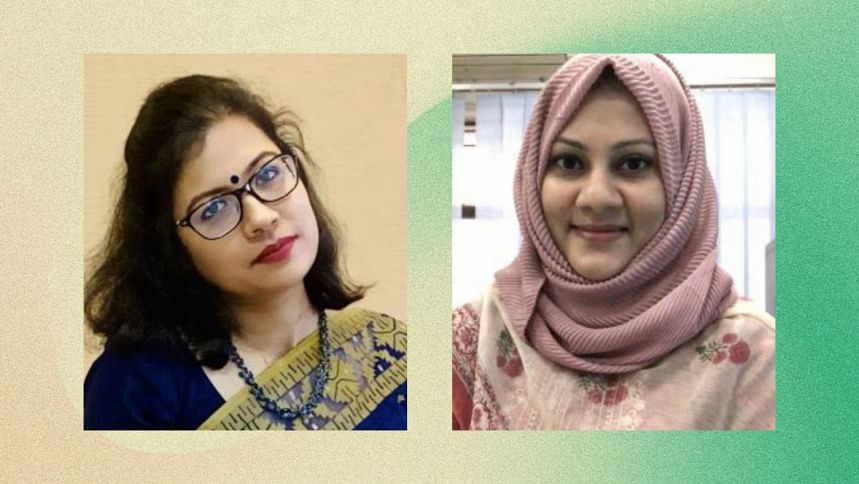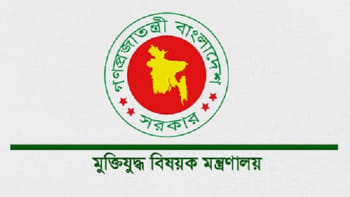2 Bangladeshis receive prestigious OWSD fellowships to enhance global research

Two Bangladeshi women have been distinguished with the prestigious 2023 Early Career Fellowships by the Organization for Women in Science for the Developing World (OWSD), joining an elite group of 28 scientists selected globally. This initiative, funded by Canada's International Development Research Centre (IDRC), aims to bolster international research standards in the Global South and forge a collaborative scientific community.
Sunanda Baidya, an Associate Professor in the Department of Biochemistry & Molecular Biology at the University of Chittagong, is set to explore the role of the toll-like receptor TLR4 in Head and Neck Squamous Cell Carcinoma (HNSCC). Her ground-breaking research seeks to unravel the complex relationship between TLR4 expression and tumor development, immune evasion, and chemoresistance in HNSCC – a cancer type accounting for 800,000 new cases and 400,000 deaths annually worldwide. With this research, Baidya endeavours to enhance our understanding of cancer progression and potential therapeutic targets in various cancers, including prostate, colon, and gastrointestinal.
Joining Baidya, Tahsina Farah Sanam, an Associate Professor at the Institute of Appropriate Technology, Bangladesh University of Engineering and Technology, is pioneering a project employing machine learning for the detection and recognition of multi-stroke gestures and Bangla Sign Language in children with Autism Spectrum Disorders (ASD). This innovative project utilises Wi-Fi Channel State Information (CSI) signals, aiming to overcome the limitations of conventional, often intrusive methods used to analyse and evaluate behavioural patterns in children with ASD. Sanam's project holds the potential to revolutionise the quality of life and social services for those with ASD, providing non-intrusive surveillance systems to aid clinicians in diagnosis.
These fellowships, spanning a three-year duration, are not just financial endowments but also a gateway to leadership and management training, enhancing communication and outreach skills among the recipients. The overarching goal is to translate these research endeavours into marketable products or impactful societal contributions, ensuring the sustainability and global relevance of their projects.
This year's cohort of fellows is working on diverse subjects, ranging from biowaste recycling to biomedical innovations, demonstrating the OWSD's commitment to advancing scientific knowledge and addressing critical global challenges. The inclusion of first-time fellows from countries such as Eswatini, El Salvador, and Côte d'Ivoire underscores the programme's expansive and inclusive approach.

 For all latest news, follow The Daily Star's Google News channel.
For all latest news, follow The Daily Star's Google News channel. 



Comments